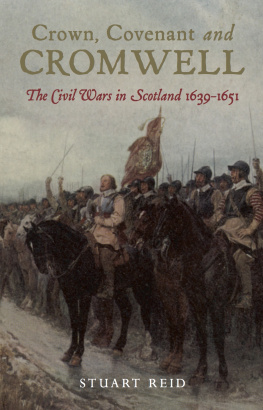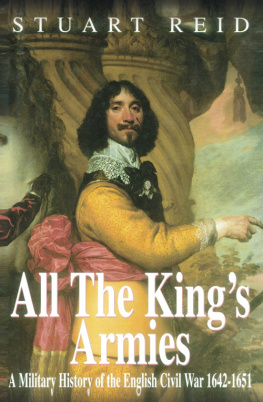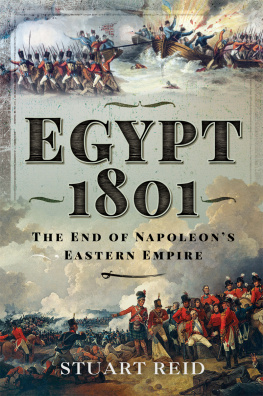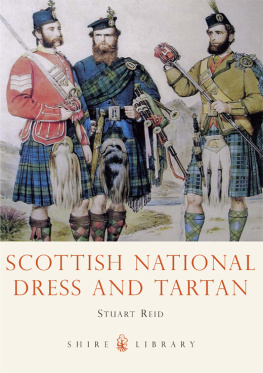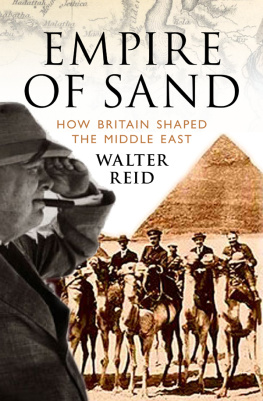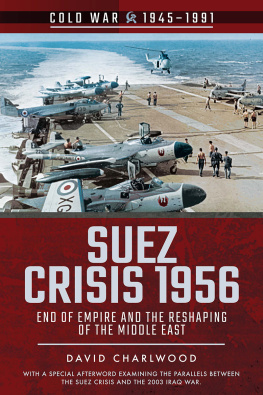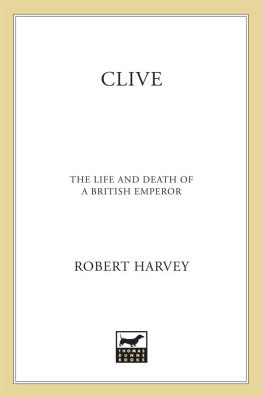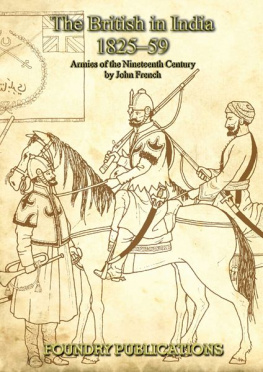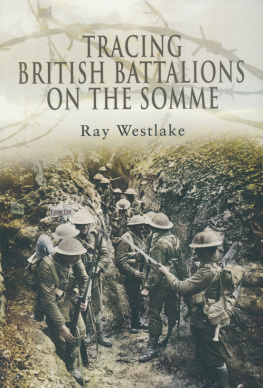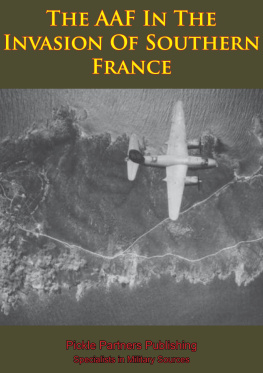THE BATTLE OF PLASSEY 1757
The Victory That Won an Empire
First published in 2017 by Frontline Books,
an imprint of Pen & Sword Books Ltd,
47 Church Street, Barnsley, S. Yorkshire, S70 2AS
Copyright Stuart Reid, 2017
The right of Stuart Reid to be identified as the author of this work has been asserted by him in accordance with the Copyright, Designs and Patents Act 1988.
ISBN: 978-1-47388-526-4
eISBN: 978-1-47388-528-8
Mobi ISBN: 978-1-47388-527-1
All rights reserved. No part of this publication may be reproduced, stored in or introduced into a retrieval system, or transmitted, in any form, or by any means (electronic, mechanical, photocopying, recording or otherwise) without the prior written permission of the publisher. Any person who does any unauthorized act in relation to this publication may be liable to criminal prosecution and civil claims for damages.
CIP data records for this title are available from the British Library
For more information on our books, please visit
www.frontline-books.com
email
or write to us at the above address.
Introduction
O nce upon a time, as the saying goes, every schoolboy (and schoolgirl too) knew the awful story of the Black Hole of Calcutta, where 146 British prisoners were cruelly packed into a tiny prison and how only twenty-three of them emerged alive next morning. And they knew too how Robert Clive avenged the dreadful deed at the Battle of Plassey, and so founded the British Empire. However, although empires and the stirring deeds that won them are not much in fashion these days, it has always been one of historys ironies that the British Empire should indeed have been founded in a muddy field in Bengal on a wet June day in 1757, but even then it was arguably more by accident than by design.
The British Army was represented that day by a mere detachment of 215 officers and men drawn from a single regiment of the line, and instead most of those who wore red coats at Plassey were actually the mercenary employees of the United Company of Merchants trading to the East Indies; the famous East India Company. And nor was the Company setting out to conquer India, or indeed any part of it. Its goal was a quiet and profitable trade, but it was to be secured by supporting a coup against the then Nawab or viceroy of Bengal and replacing him with a more compliant successor.
Perhaps inevitably, by so intervening in local politics to ensure that its preferred candidate won, the Company itself became a political power in its own right and as such it would eventually come to rule first Bengal and then, through it, India itself. There is no doubting the pivotal moment in Indian and Bangladeshi history represented by the Battle of Plassey, but yet at one and the same time it is arguably a little-studied one. Given the attention paid to the battle by historians on all sides, this might at first seem an odd statement, yet those historians have by and large quite understandably concentrated on the complicated tale of tricks, chicanery, intrigues, politics and the Lord knows what, which brought the rival armies to Plassey, rather than the fighting along the way, and the battle itself which dictated the outcome. The drums and trumpets have been forgotten.
Yet the military history of the affair is a fascinating and curiously intimate story in its own right, and a proper accounting of it is long overdue. This present study then is a straightforward record of the thirteen months of campaigns and battles which set a rather bemused set of Company directors on the road to acquiring an empire. Notwithstanding that the Battle of Plassey itself is routinely dismissed as an insignificant affair hardly justifying the name, men fought there and men died there and in the battles which preceded it on both sides. This therefore is their story rather that Robert Clives.
It is customary to round off introductory remarks such as these by gratefully acknowledging all those individuals and institutions who assisted the author in the writing of the book. In this case, the very deepest gratitude is owed to a gentleman long dead named Samuel Charles Hill, late Officer in Charge of the Records of the Government of India, who in 1905 published his three-volume Bengal in 1756-1757: A Selection of Public and Private Papers Dealing with the Affairs of the British in Bengal during the Reign of Siraj-Uddaula. Whilst Hill prefaced the first volume with a substantial history of those affairs, it is the more than comprehensive selection of papers, ranging from narratives and letters written by those involved on all sides, through short notes, lists of individuals and military returns, all gathered together in one accessible collection, which is truly indispensable. Its value may be gauged by the frequency with which the papers transcribed therein are cited in the footnotes of the present work.
More conventionally, I have to acknowledge the assistance and encouragement of Martin Mace and John Grehan of Frontline in bringing this book to a successful conclusion; the staff of that extraordinary library maintained by the Literary and Philosophical Society of Newcastle upon Tyne, and others too numerous to mention, except perhaps for a forgotten soldier of fortune, Captain Alexander Grant, an ancestor whose story served as my inspiration.
Note on Spelling and Terminology
Anyone reading European letters and journals of the time will find the spelling by Europeans of Persian, Hindi, Bengali and other words used by the diverse peoples of India to be eccentric and far from consistent. In the present text, quoted passages are rendered as originally written, but otherwise, whilst acknowledging post-colonial sensitivities, a certain degree of consistency has been attempted. Madras, for example, was officially re-named Chennai in 1996, just as Bombay had become Mumbai a year earlier and Calcutta became Kolkata in 2001, but in all three cases the earlier names are retained in this study simply because that is how they were known by those involved. On the other hand, it should be noted that the Nawabs capital of Murshidabad was most commonly spelled Muxadavad (or something like) by Europeans at the time.
By the mid-eighteenth century there was already a substantial Eurasian population in India, referred to by a variety of terms: the term topass is generally believed to derive from the Hindi word topi, signifying a hat, the wearing of which appears to have been regarded as a status symbol, distinguishing Eurasians from the wider native population. They were also frequently referred to as Portuguese, in part because there was a large Eurasian population in and around the Portuguese colony of Goa, but largely, no doubt, because they could affect to pass as such in European society, although often distinguished from actual Europeans as Black Portuguese. Except when quoting contemporary texts, all are referred to here as Eurasians.


